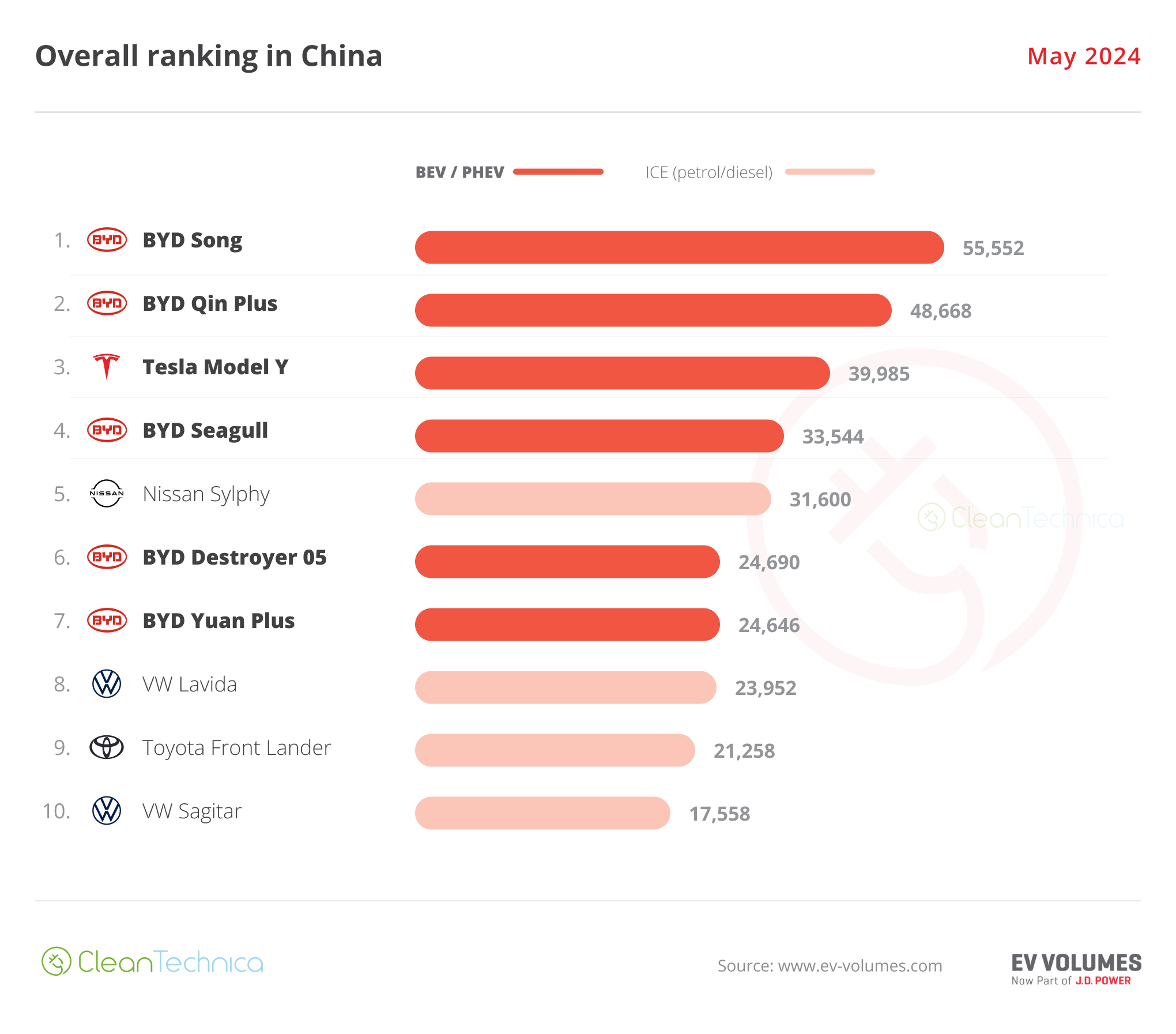
Sign up for daily news updates from CleanTechnica on email. Or follow us on Google News!
Globally, October 2024 was nominally the second warmest October since directly measured instrumental records began in 1850. Some US states are in a state of denial about the climate crisis and its effects on everyday citizens. Others are charging head-on into establishing policies and legislation that will address the shift from burning fossil fuels to embracing renewables and decarbonization at multiple levels. Massachusetts is one of the latter states — and its new climate law is far-reaching.
Massachusetts has a goal of producing 40% of its electricity from renewable energy sources by 2030. As of 2023, the state was getting 12% of its electricity from those sources. Massachusetts has the technical potential to meet all its energy needs through maximizing efficiency and alongside the sun, the wind, and other renewables — and the state is formalizing that potential with the new climate law.
MA Governor Maura Healey signed into law, “An Act promoting a clean energy grid, advancing equity, and protecting ratepayers.” (Yes, it’s a mouthful.) She noted that these reforms will end what had been “years-long delays for solar, wind, and other critical electric infrastructure, which play a critical role in our ability to be a global leader in clean energy and climate tech.”
The bill first passed the Senate over the summer but stalled in the House, where representatives wanted a more narrow focus that didn’t include gas system reforms. The legislators managed to reach a compromise.
This legislation is designed to attack multiple elements of the climate crisis:
- accelerate clean energy development;
- improve energy affordability;
- create an equitable infrastructure siting process;
- allow for multistate clean energy procurements;
- promote non-gas heating;
- expand access to electric vehicles; and,
- create jobs and support workers throughout the energy transition.
Any one of these initiatives within the climate law would make progress toward a shift away from burning fossil fuels, but, together, the gestalt has potential to alter the way that Massachusetts does energy at its most fundamental level.
Siting and Permitting Process Reforms
At the core of the bill are major reforms to the process by which wind, solar, storage, and other electric infrastructure like substations and transmission are sited and permitted. The reforms to the siting and permitting processes were based on the recommendations of Governor Healey’s Commission on Energy Infrastructure Siting and Permitting.
Based on the recommendations of the Governor’s Commission, the new law establishes a 12-month deadline for municipal permitting and requires municipalities to issue a single permit at the end of their process. Similarly, state permits will be issued after a 15-month period. Appeals will be directed the state Supreme Judicial Court, ending the years-long appeals process that has delayed vital infrastructure. The law also directs the Department of Energy Resources to create site suitability criteria to ensure natural resources are protected in the siting process.
The reforms include environmental justice informed requirements for cumulative impact analysis for clean energy projects. This aspect of the climate law establishes a fund for under-resourced organizations to engage in the siting process and in proceedings before the Department of Public Utilities (DPU).
“Accelerating clean energy development will create good jobs, lower costs, attract more businesses to Massachusetts, and grow our climatetech economy,” said Governor Healey. “This legislation includes important provisions to lower energy costs for families and businesses, including expanding bill discounts to middle-class households and increasing access to clean energy measures that reduce customer expenses such as solar, heat pumps, and electric vehicles.”
More Reforms to Move Massachusetts to Clean Energy
The siting and permitting process reforms are substantial in this Act, but there are also other important reforms built in to facilitate the transition to clean energy.
Offshore wind tax credits are expanded, and the state will be authorized conduct a procurement process for storage and to join other states’ procurements of clean energy. The bill sets state targets for long duration energy storage and allows contracts for offshore wind and battery storage for up to 30 years instead of the current 20 years.
One provision allows Massachusetts to receive nuclear energy from neighboring Connecticut; in exchange, Connecticut is expected to agree to take wind power from MA’s 1,200 megawatt Vineyard Wind 2 project. Reese Butcher, associate with Environment Massachusetts, issued the following statement in response to the nuclear energy provision.
“Despite the promise to use more renewables, the bill dishearteningly redefines dirty and dangerous nuclear energy as ‘clean.’ Nuclear energy leaves behind radioactive waste that can be deadly for tens of thousands of years, and mining uranium desecrates landscapes. Given the Bay State’s and the region’s vast renewable potential, policy makers should steer clear of any actions that prolong our dependence on unnecessary and risky energy sources such as nuclear.”
The Charles River Watershed Association (CRWA), however, endorsed the climate law. Noting that it includes several critical clean energy provisions, the Association noted that “equally crucial is the bill’s requirement that the state provide communities with updated flood maps.” Currently, development decisions in Massachusetts are made based on FEMA flood maps which are decades out of date and not being updated. Too often, the group argues, Massachusetts still allows building to “happen in flood zones, increasing personal and property damage risks. Instead, we should be following the science and letting floodplains do their work to absorb flood waters during storms.”
This bill requires the Secretary of Energy and Environmental Affairs to review existing flood risk maps and support additional mapping resources as necessary within six months of passage. CRWA adds,
“The future is uncertain, but with proper planning, accurate data, and the political will to act, we can make our communities more resilient, safer, and better equipped to thrive despite the changing climate.”
Other elements of the Act include:
- The law also authorizes the administration to study and propose other reforms to the procurement process.
- As clean energy production ramps up, it will be important that the costs burdens associated with maintaining the gas system will be minimized and workers are supported.
- The law authorizes the gas utilities to sell geothermal heat and includes provisions that support energy workers.
- The DPU is given clear authority to adjust to how gas maintenance is financed and establish discount rates for moderate-income customers.
- The law also updates the appliance standards that apply to electric vehicle chargers and creates pathways for more to be installed.
“This bill has several important facets for sustainability and meeting our state’s ambitious and legally enforceable goals to reduce carbon emissions,” said Senate Minority Leader Bruce Tarr (R-Gloucester). “It provides a framework to accelerate the production and storage of renewable energy and includes powerful language to expedite the restoration of our wetlands, which are incredibly effective at sequestering carbon and providing coastal storm defense.”

Chip in a few dollars a month to help support independent cleantech coverage that helps to accelerate the cleantech revolution!
Have a tip for CleanTechnica? Want to advertise? Want to suggest a guest for our CleanTech Talk podcast? Contact us here.
Sign up for our daily newsletter for 15 new cleantech stories a day. Or sign up for our weekly one if daily is too frequent.
CleanTechnica uses affiliate links. See our policy here.
CleanTechnica’s Comment Policy




